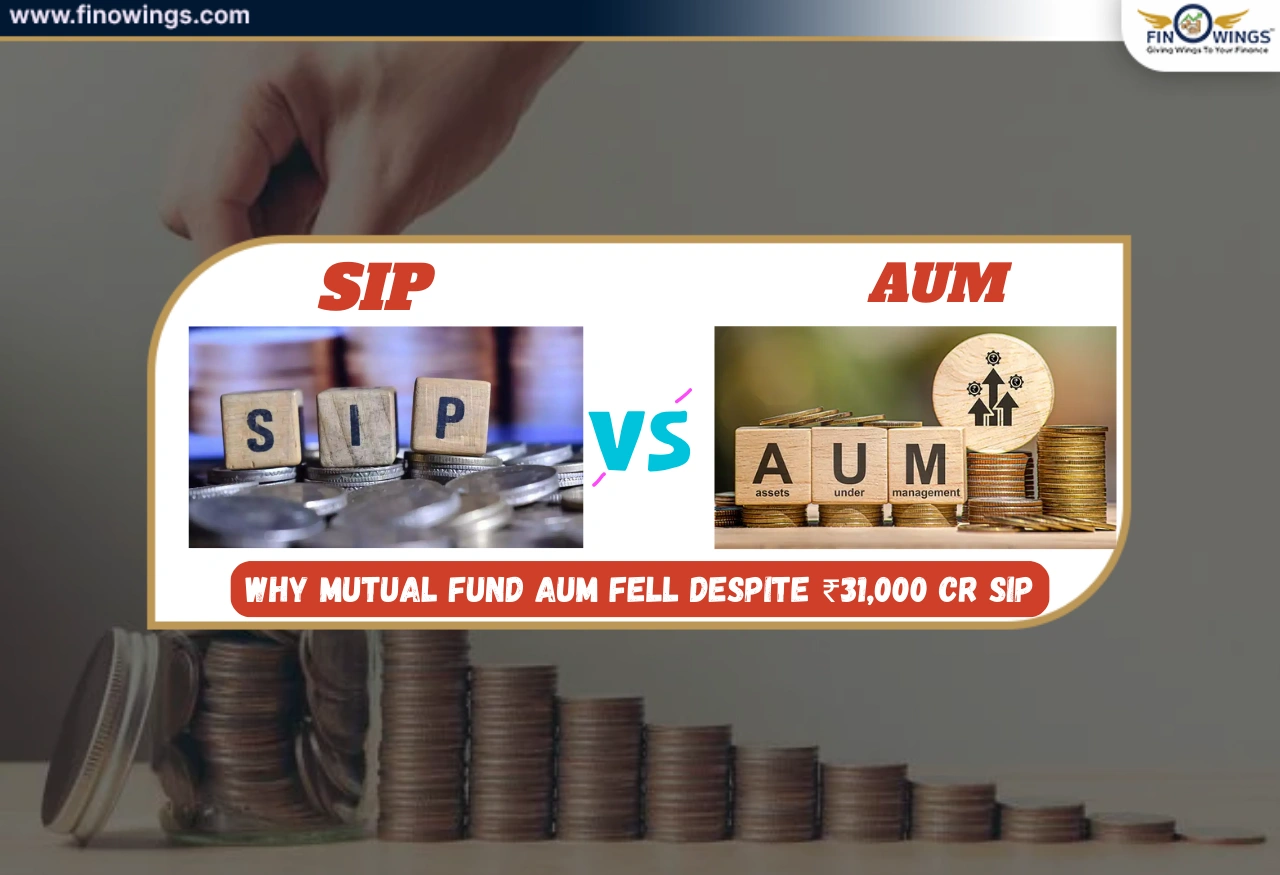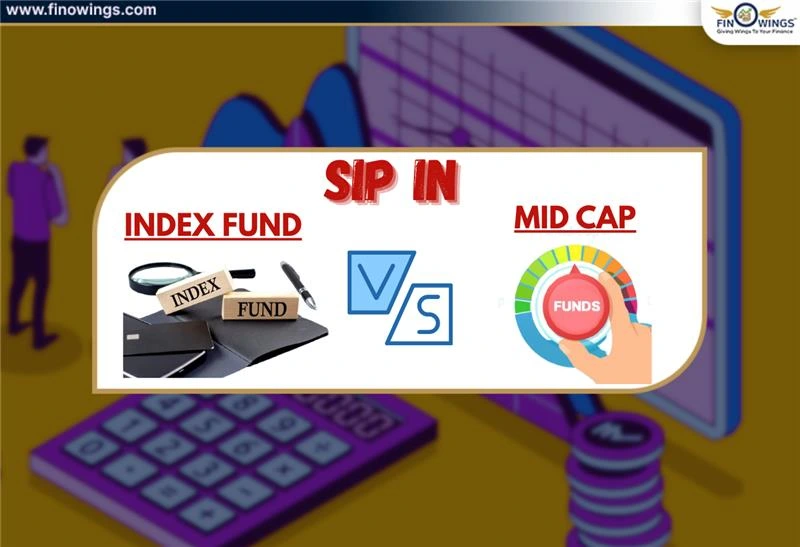Home >> Blog >> Bonds & Debt Mutual Funds Explained for Safe Investing
Bonds & Debt Mutual Funds Explained for Safe Investing

Table of Contents
Introduction to Bonds
Bonds are a key ingredient in the financial market as they are considered a safer investment than stocks. Therefore, when stock prices reach highest levels or become volatile, many institutional investors put their money into bonds or debt mutual funds. In this blog post we will explain what bonds are, how they relate with the stock market and show you how to get better returns by investing in them.
Basic Understanding of Bonds
Before we go into detail about bonds let us first understand what they are. Essentially a bond is nothing more but a loan given by an investor or organization to another organization or government body. The issuer of the bond borrows money for specific periods at either variable or fixed interest rates from those who buy its securities known as bondholders (creditors). Entities like companies (corporates), municipalities (muni) states and sovereigns use these instruments for financing different projects and activities.
What is Bond?
A bond refers to any type of fixed-income investment where an investor loans out his/her capital sum against repayment over time plus interest income which may be variable depending upon terms agreed upon during issuance period between borrower (issuer) such as company/corporate entity; this could also include government bodies among others. When one purchases bonds he/she lends money to borrowers who promise periodic payments based on specified dates called coupon payments until final day when face value becomes due i.e maturity date.
Detailed Video
Types of Bonds
There are two main categories of bonds i.e government securities and corporate debt securities respectively referred to as g-secs & corp-debts within capital markets parlance. Government issued national level risk free investments otherwise known as G-Secs while Companies issue them thus there is higher chance that they may default on payment obligations compared with governments since latter can always print more money if need arises so its currency will not lose value significantly unlike private corporations whose resources come from limited sources only like sales revenue which might dry up in case business fails due recessionary trends happening across economy.
Government bonds usually offer lower returns than corporate bonds but are safer due to the backing of the government. Corporate bonds provide higher yields but come with the risk of the issuing company defaulting on its payments.
Relationship Between Bonds and the Stock Market
Bonds have an inverse relationship with stocks – this means that they move in different directions most times. This is because when stock prices go high people sell their bond holdings so as to buy more shares while if share values collapse then majority opts for fixed income securities like treasury bills/bonds which guarantee regular fixed interest payments over stipulated time period till when principal sum becomes repayable at maturity Date.
Why should you invest in Debt Mutual Funds?
Debt mutual funds are a great way to invest in bonds without actually buying individual securities. They do this by investing in a portfolio of diversified bonds and other debt instruments that provide investors with stable returns, which are relatively safe.
Professional management, diversification, and liquidity are some of the advantages associated with debt mutual funds. It can also help achieve balance in the portfolio by offering a variety of bonds as well as other asset classes. Typically, good management may lead to an average return on investment of around nine percent from these types of funds, which is higher than what you get when dealing with G-Secs directly.
How to Select the Best Debt Mutual Fund
There are many debt mutual funds available so selecting one can be difficult; however, it is important to focus on those that have government bonds as their main investments because they are safer compared to corporate ones. Gilt fund is a type of debt mutual fund that invests predominantly in government securities.
Performance history should be considered when choosing among different types of debt mutual funds alongside experience level and size based on assets under management (AUM). Bigger AUM’s usually indicate more trust from investors as well stability for such funds over time.
Top Performing Gilt Funds
Among top performing gilt funds there exist two namely SBI Magnum Gilt Fund and ICICI Prudential GILT Fund both having shown consistent returns plus significant amount invested into government securities.
More than INR 900 Crore worth AUM characterizes SBIMGF offering returns approximately 9%. Similarly sized but slightly lower in terms of AUM ICICIPGF also gives competitive returns through its large portion allocated towards govt papers .
Why Are GILT Funds Considered Safe?
Being backed mainly by g-secs or government securities makes gilt fund(s) safety certain since credit risk involved here is almost nil given backing provided for principal amounts together with interest payments by the government which makes them suitable choice among conservative investors.
On top of that compared to fixed deposits (FDs) these funds offer better returns and can be used as short term investments too. So if you have money that needs to stay safe for around 6 months up to 2 years then gilts are preferable over FDs.
How Can I Invest in Debt Mutual Funds?
It is easy to invest in debt mutual funds such as starting with research on what meets your goals as well as risk tolerance levels. Many mutual fund companies have online platforms where one can easily invest in their funds.
Consulting a financial adviser who will take you through process ensuring selection of most suitable fund(s) based on current situation financially and aims too would also work best for successful investing remember diversification while choosing right mix assets .
Conclusion
During times when markets become volatile, bonds or debt securities provide stable investment options because they are less risky than stocks. This can be achieved by understanding how these two things relate together and selecting appropriate ones so that higher returns are realized while reducing chances of loss occurring especially during this period characterized by uncertainty.
Gilt funds with their allocation towards govt papers present great opportunities for those seeking safe harbour conservative nature . Regardless of whether one has been investing over many years or just starting out incorporating into your portfolio will bring closer realization financial objectives.
Make sure that you pass this information on and encourage financial literacy. People can only make good choices if they know about safe investments. Invest with joy!
Disclaimer: This Stock Analysis is only for informational purposes and should not be considered as investment advice. Always do your research and consult with a financial advisor.
Author
Frequently Asked Questions
Bonds are fixed-income investments where an investor lends money to an entity (like a corporation or government) for a set period at a fixed or variable interest rate. The borrower agrees to pay back the loan (principal) on a specific maturity date, along with periodic interest payments.
Bonds are generally safer than stocks because they offer fixed interest payments and return the principal at maturity. Unlike stocks, where returns depend on market performance, bonds provide more predictable and stable returns, making them less volatile.
The main types of bonds include government bonds (like G-Secs), which are considered low-risk, and corporate bonds, which offer higher yields but come with a higher risk of default. Other types include municipal bonds and international bonds.
Bonds and stocks often have an inverse relationship. When stock prices rise, bonds may decrease in value as investors shift to equities. Conversely, when stocks are volatile or declining, investors often turn to bonds for stability and fixed returns.
You can invest in debt mutual funds through financial institutions or online platforms. These funds invest in a diversified portfolio of bonds and other fixed-income securities, offering professional management and a balance between safety and returns.



















